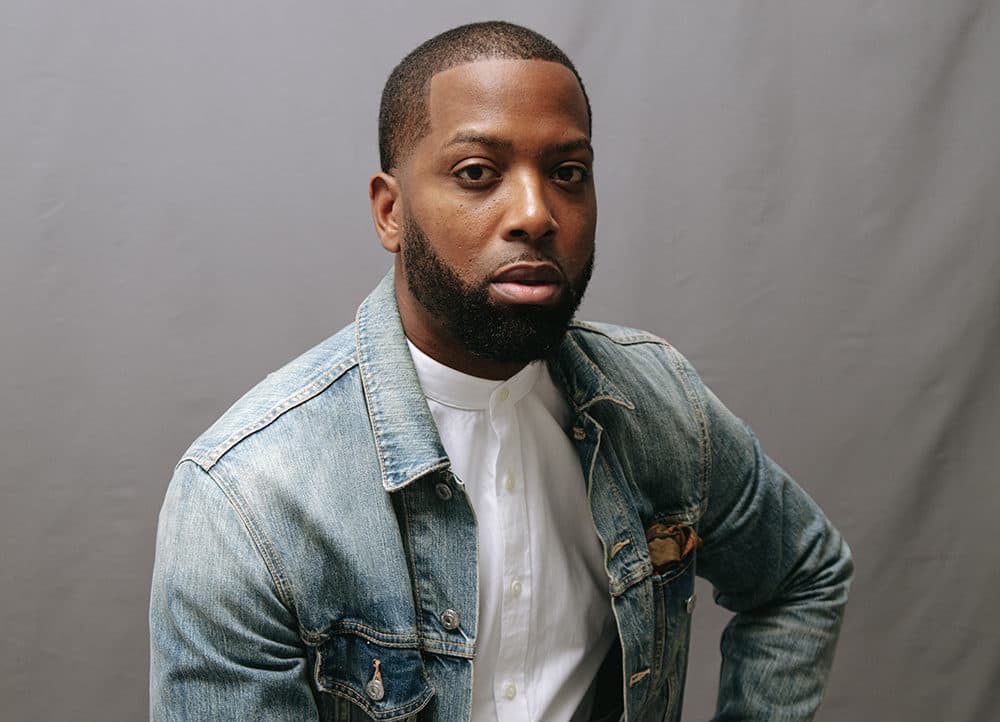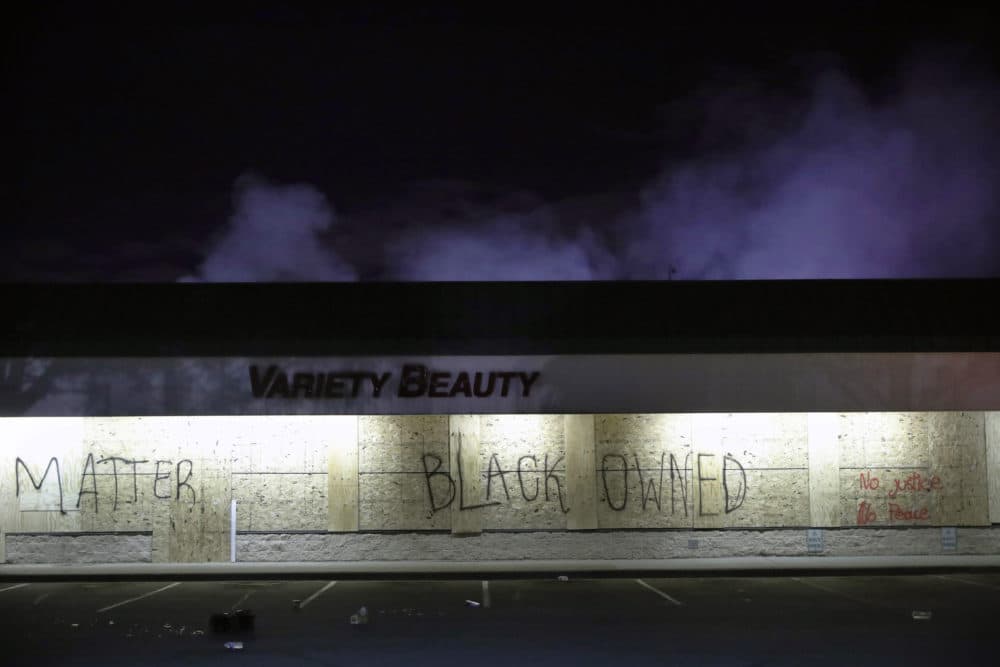Advertisement
The Face Of America Is Changing. CEO Tristan Walker Says Brands Need To Respect And Respond To That

When Tristan Walker decided to move his company to Atlanta in 2018, the change of scenery seemed counterintuitive to the dream of becoming a Silicon Valley darling.
But it was exactly what Walker envisioned. He wanted the headquarters for his brand Bevel, a health and beauty company specializing in razors for Black men, located where Black people actually live.
Founded in 2013, Bevel initially focused on single-blade razors for Black men, and has since expanded its line to include hair and skin care products. The company was acquired by Procter & Gamble in 2018.
Walker believes people’s differences should be recognized in the health and beauty space.
“As a Black man, I have a different hair type. I have a different skin type. And those needs should be respected,” he says. “As I walk down retail aisles, I deserve not only products that work for me, but also a design experience that doesn't make me feel like a second class citizen.”
Black Americans spend about $1.3 trillion dollars per year, roughly the size of Australia's entire GDP. Despite having so much purchasing power, Black women and men find themselves rummaging around the ethnic beauty aisle — searching for products that feature a 70-year-old Black man in a towel drinking Cognac while petting a tiger on the packaging, Walker says.
Black consumers are “the most culturally influential demographic in the world,” he says.
But many companies undervalue Black consumers because their employee-base doesn’t reflect the diversity of their audience. Walker & Company, which owns Bevel and women’s haircare brand Form, employs a majority of people of color and has Black women in most leadership positions to reflect its customer base.
When Walker first started the company, people would tell him Black men’s shaving products were a small market of between $100 million to $200 million, compared to the desired $1 billion or more markets.
Advertisement
To meet the needs of this underserved audience, Walker created a new market with Bevel.
“No one really took a pause to ask why was the market so small?” he says. “Perhaps the market is so small because you don't have products that serve the needs of the community.”
In the wake of the killing of George Floyd, many companies have responded in different ways from rebranding Aunt Jemima to running Black Lives Matter commercials. Walker says he supports the progress and feels grateful that these actions — that should have been taken a long time ago — are happening now
Companies are realizing the power consumers have to support brands that share their values, he says.
Black-owned businesses have faced difficulties receiving money from the federal Paycheck Protection Program, which echoes a longstanding issue regarding access to capital. A study by the Center for Responsible Lending found that 46% of white-owned businesses could get credit from the bank compared to 23% of Black-owned businesses.
The United States has about 2.5 million Black-owned businesses — but it’s estimated that 40% won’t survive the COVID-19 crisis. Some have already closed the doors for good, Walker says.

People of color will make up the majority in the U.S. in the next 20 or so years. In an increasingly diverse country and world, understanding the value of representation is critical to America’s success, he says.
The greatest opportunity for both nonprofit and for-profit organizations is to put capital into the bands of people with diverse perspectives, he says.
“Folks of color spend more money in every single category that I can think of relative to other groups on the planet,” he says. “This is the biggest deal.”
Bevel recently partnered with meditation app Headspace to offer free mental health services to Black people. Bevel’s employees and consumer base have been more greatly impacted by the two pandemics the world faces — COVID-19 and racism, he says.
Within communities of color, Walker says it’s essential to recognize the impacts of years of trauma by addressing mental health.
“Before I'm a CEO, before my colleagues are colleagues of mine, we are human beings who have acknowledged persistent trauma,” he says, “both emotional and physical that we've been disproportionately impacted by the past 400 years.”
In his 20s, Walker worked as an energy trader for Lehman Brothers from 2004 to 2007, right before Hurricane Katrina and the financial collapse in 2008.
He says he hated the job because he went into it trying to get “as wealthy as possible, as quickly as possible” as a result of how he grew up. He perceived Wall Street as the best way to accrue wealth but realized making other people money wasn’t fulfilling.
Walker is also the father of two young boys. When Bevel got a distribution deal with Target in 2015, he took his then 2-year-old son to the store to experience the milestone with him.
After putting the toddler in the cart and pushing toward the beauty aisle, Walker didn’t know where exactly to find the products. Halfway down the aisle, his son pointed and said, “Dada!”
Walker turned around to see Bevel products that featured his photo on the packaging. The significance of this moment goes beyond that the products were in their rightfully deserved spot instead of an ethnic beauty aisle, he says.
During his son’s first experience down any retail aisle, the young boy saw his father — the founder of the company and producer of the product — on the box.
“There's an intentionality and representation that he can do it himself,” he says. “And this idea of his ability to walk down aisles and be respected as a consumer, but also to be respected potentially as a producer, is why I do this every day.”
Cassady Rosenblum produced and edited this interview for broadcast with Tinku Ray. Allison Hagan adapted it for the web.
This segment aired on July 16, 2020.

